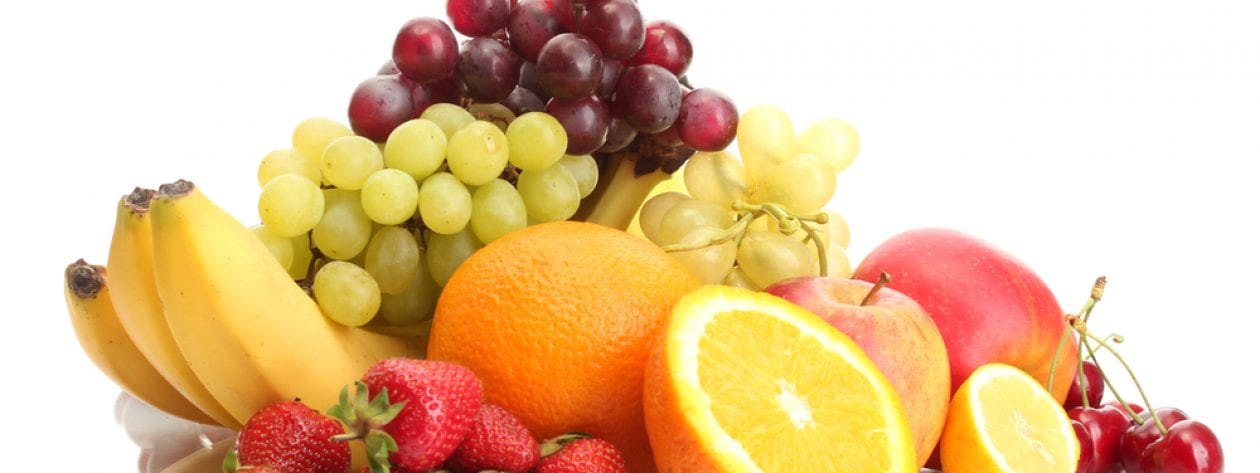Over the last few years going gluten-free has become the new ‘cure all’ diet. People claim that removing gluten from your diet will give you more energy, help you lose weight, and even improve your skin. Between blogs, books, and other media outlets, gluten has become a hot topic among individuals trying to follow a healthy diet. Despite all of its publicity (good or bad), many of us still don’t know what this ingredient even is.
So what is gluten? Gluten is composed of the proteins gliadin and glutenin and is found in certain grains including wheat, rye, and barley. Once these grains have been ground into flour, gluten is essential to create the elasticity and texture of bread and other baked goods. This is why gluten-free baked goods do not have the same chewy texture as traditional breads and cookies.
What is the problem with gluten? Some individuals cannot digest gluten properly and must avoid the protein altogether. With Celiac Disease, the body has an abnormal response to gluten which causes damage to the small intestines, leading to severe health complications if not properly managed. Celiac Disease is vastly different than having a wheat allergy. An allergy to wheat elicits an immune system response that can result in a severe, potentially life-threatening reaction. Individuals who have negative results when tested for both a wheat allergy and Celiac Disease but still experience unpleasant symptoms upon ingesting gluten are often diagnosed with Non-Celiac Gluten Sensitivity. For individuals with any of these conditions, avoiding gluten and/or other wheat proteins is the only known cure.
Should you go Gluten-Free? Switching to a gluten-free diet can be very difficult and time-consuming. Although they are improving, most of the gluten-free items you’d find at your local grocery store either don’t taste good or have less nutritional value than the gluten-containing product. Since gluten has such an important role in grain products, gluten-free companies often add extra sugar and fat to make up for the lack of gluten and to improve the flavor. Individuals who chose to remove gluten from their diet must be extra careful when planning their meals. With the removal of vitamin-enriched, whole grain foods (that contain gluten) it is very easy for your diet to be lacking in iron, fiber, and B-vitamins. Some of these nutrients can be obtained through foods that are naturally gluten-free such as low-fat dairy products, fruits and vegetables, and meats.
Health benefits aside, the decision to avoid consuming gluten really depends on your own body. If your body can digest the protein properly than yes, gluten can be part of a healthy diet. If you suspect that you may have issues consuming gluten, you may consider cutting back on or avoiding it altogether.
It is best to consult a doctor or registered dietitian first before eliminating gluten from your diet completely. A health professional will know the right symptoms to look for and can help develop a dietary plan that’s right for you.
Resources:
Ansel, Karen, R.D. “Is Gluten Bad for You?” Womenshealthmag.com. N.p., 6 Nov. 2010. Web. 06 July 2015. <http://www.womenshealthmag.com/health/gluten-free-diet>.
Castro, Joseph. “What Is Gluten?” LiveScience. TechMedia Network, 17 Sept. 2013. Web. 06 July 2015. <http://www.livescience.com/39726-what-is-gluten.html>.
Dray, Tammy. “Health Benefits of Gluten.” LIVESTRONG.COM. LIVESTRONG.COM, 20 Mar. 2014. Web. 06 July 2015. <http://www.livestrong.com/article/547699-health-benefits-of-gluten/>.
Photo adapted from Carl Lender

